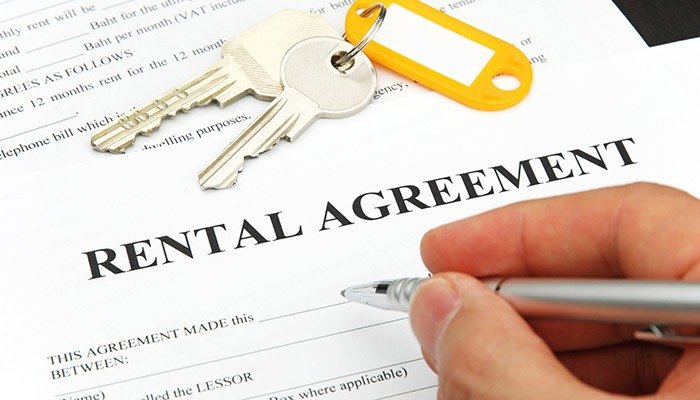Are you looking to rent month-to-month and want to know your tenant rights?
Discover key protections in place for you.
From understanding eviction procedures to lease terminations, gain insights into your rights under landlord-tenant laws.
Stay informed to ensure fair treatment while renting on a month-to-month basis.
Tenant Rights Under Landlord-Tenant Laws
Understanding your rights as a tenant under landlord-tenant laws is crucial when renting month-to-month. As a month-to-month tenant, you have specific month to month tenant rights that protect you during your lease.
These rights include the ability to end the lease with proper notice, protection from unjust evictions, and the right to receive advance notice of any rent increases. It’s important to familiarize yourself with your month-to-month lease tenant rights to ensure you’re being treated fairly and legally by your landlord.
Eviction Process for Non-Compliance
As a month-to-month tenant, you have certain month to month renters rights, but you still may face eviction for non-compliance with the terms of your month to month lease tenant rights. If you violate the lease agreement by not paying rent, causing significant damage to the property, or engaging in illegal activities on the premises, your landlord has the right to start the eviction process.
The first step typically involves the landlord serving you with a formal notice to remedy the violation within a specific timeframe. If you fail to correct the issue, the landlord can then proceed with filing an eviction lawsuit in court.
It’s crucial to understand your lease terms and take prompt action to address any non-compliance to avoid the risk of eviction.
READ ALSO: What Are the Essentials of Custom Homes in Developing Areas?
Lease Termination Guidelines and Notices
If faced with the need to terminate your month-to-month lease, it’s important to be aware of the specific guidelines and notices required for this process.
In most states, you’re typically required to provide your landlord with a written notice at least 30 days before your intended move-out date. This notice should include your name, the rental property address, the date you plan to vacate, and your signature.
Make sure to check your lease agreement for any additional requirements that may apply. Failure to follow the proper termination guidelines and notices could result in legal consequences or financial penalties.
It’s crucial to communicate clearly and timely to ensure a smooth lease termination process.
Rent Increase Regulations and Notifications
When renting month-to-month, you need to be aware of the regulations and notifications surrounding rent increases. In most states, landlords must provide written notice before raising the rent. This notice period typically ranges from 30 to 60 days, but it can vary, so it’s crucial to know the specific laws in your area.
Landlords usually can’t increase the rent during the middle of a lease term unless there’s a specific clause allowing for it. Understanding your rights regarding rent increases will help you plan your budget accordingly and decide whether to stay or seek alternative housing options if the increase is unreasonable.
Stay informed and ensure that you’re well-versed in the regulations to protect your rights as a tenant.
Legal Compliance and Fair Treatment
Understanding the legal compliance requirements and ensuring fair treatment is essential when renting month-to-month as it impacts your rights and responsibilities as a tenant. As a tenant, you have the right to be treated fairly and in accordance with the law. This includes timely repairs, privacy protection, and non-discriminatory practices.
Landlords must adhere to legal requirements regarding lease agreements, security deposits, and eviction procedures. If you encounter any issues or feel your rights are being violated, document the situation, communicate with your landlord, and seek legal advice if necessary.
Conclusion
In conclusion, as a tenant renting on a month-to-month basis, it’s important to understand your rights under landlord-tenant laws. Knowing your rights can help protect you from unfair treatment and ensure that you’re in compliance with lease agreements.
By staying informed and aware of your rights, you can navigate the rental process more confidently and effectively. Make sure to communicate openly with your landlord and seek legal advice if needed to protect your rights as a tenant.
YOU MAY ALSO LIKE: Vacation Rentals vs. Hotels: Which Offers More Flexibility?











